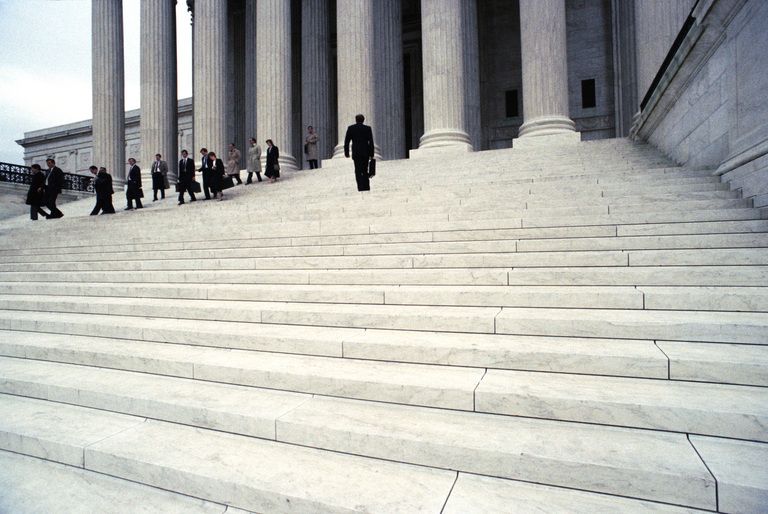 If you have been accused of a criminal defense, you will need to make a number of important, potentially life-changing, decisions over the course of your case. The best thing you can do for yourself and your future is to consult with an experienced criminal defense attorney each time you have to make one of these decisions. You should also educate yourself to the extent possible about some of the choices you will have to make. For example, if you decline to enter into a guilty plea agreement, it means your case will go to trial. After that decision has been made, you will need to decide if you want a jury trial or a bench trial. To help you make that decision, the Omaha criminal defense attorneys at Petersen Law Office discuss the difference between a jury trial and a bench trial.
If you have been accused of a criminal defense, you will need to make a number of important, potentially life-changing, decisions over the course of your case. The best thing you can do for yourself and your future is to consult with an experienced criminal defense attorney each time you have to make one of these decisions. You should also educate yourself to the extent possible about some of the choices you will have to make. For example, if you decline to enter into a guilty plea agreement, it means your case will go to trial. After that decision has been made, you will need to decide if you want a jury trial or a bench trial. To help you make that decision, the Omaha criminal defense attorneys at Petersen Law Office discuss the difference between a jury trial and a bench trial.
Your Right to Trial by Jury – The 6th Amendment
As an accused in a criminal prosecution you have a number of important rights that are guaranteed to you by the U.S. Constitution. Most of those rights are found within the first ten Amendments, collectively known as the “Bill of Rights.” Your right to a trial by jury is located in the 6th Amendment, which reads as follows:
In all criminal prosecutions, the accused shall enjoy the right to a speedy and public trial, by an impartial jury of the state and district wherein the crime shall have been committed, which district shall have been previously ascertained by law, and to be informed of the nature and cause of the accusation; to be confronted with the witnesses against him; to have compulsory process for obtaining witnesses in his favor, and to have the assistance of counsel for his defense.
The right to a trial by jury, like all your Constitutional rights, is your right to exercise or to waive. If you choose to waive your right to a jury trial it means your case will be decided by a judge instead of a jury in what is referred to as a “bench trial” or “trial by judge.”
What You Need to Know about a Jury Trial
A jury trial means that a group of jurors, originally selected from the state’s driver’s license lists or similar lists, will ultimately decide the issue of guilt. You will have some input when selecting the final jury members; however, so will the prosecution. Juries can be unpredictable because they are, after all, ordinary people who have been called to pass legal judgment on someone. Although jurors are instructed in the law, and are supposed to vote based on the law and the evidence presented at trial only, the reality is that jurors often form opinions about the defendant that subconsciously impact their vote. This can work in your favor or against you depending on several factors. In addition, although you are probably familiar with the term “a jury of your peers,” the reality is that a jury may, or may not, include your peers. If you are a minority, for example, and the county has very few minorities in it you are unlikely to see many minorities represented on the jury. One good thing about a jury trial is that the verdict must be unanimous to convict you. Every member of the jury must vote “guilty” or the jury has to return a verdict of not guilty – unless they reach a deadlock known as a “hung jury.”
What You Need to Know about a Bench Trial
A bench trial means that you waived your right to a trial by jury in favor of allowing the judge to determine the issue of guilt. The trial proceeds in essentially the same fashion; however, at the end the judge will find you guilty or not guilty. A bench trial is often a good choice if the letter of the law is on your side but either you don’t appear to be a sympathetic defendant or something about the facts of the case are likely to rub jurors the wrong way. A judge is less likely to allow personal feelings or emotions to interfere with an analysis of the law and evidence.
Contact Omaha Criminal Defense Attorneys at Petersen Law Office
If you have been charged with a criminal offense in the State of Nebraska, consult with an experienced Nebraska criminal defense attorney. In Nebraska contact Petersen Criminal Defense Law 24 hours a day at 402-509-8070 to discuss your case.


